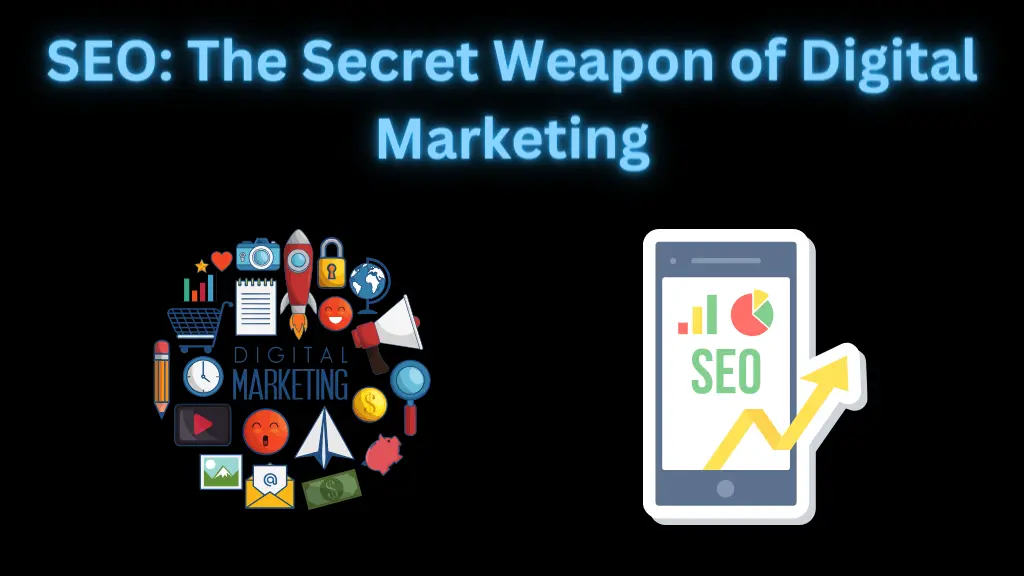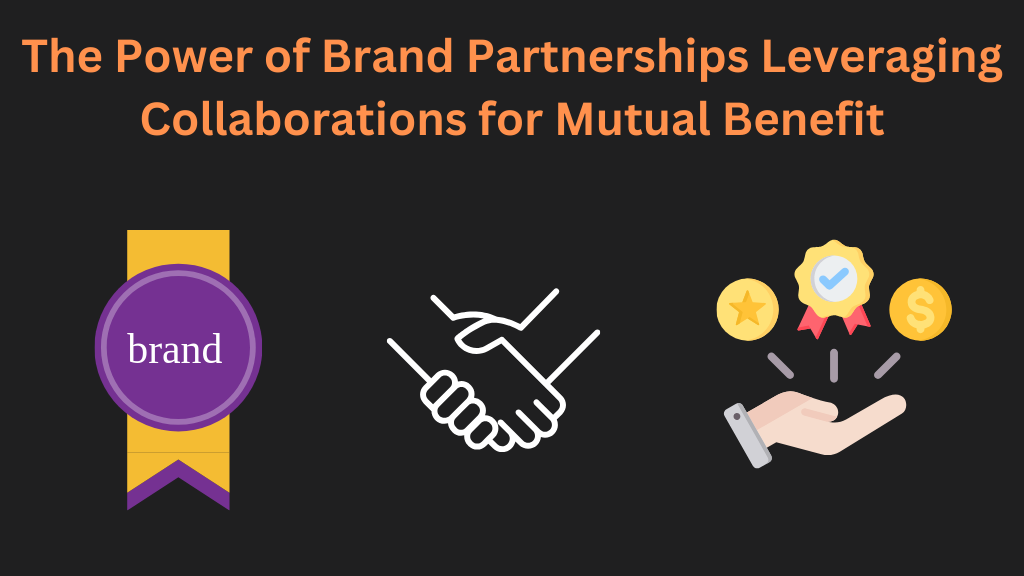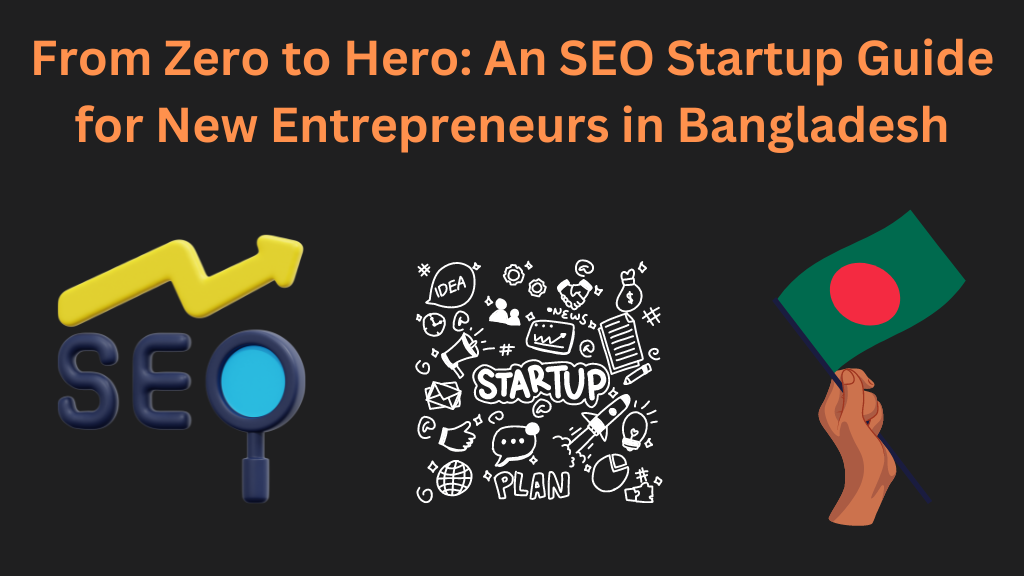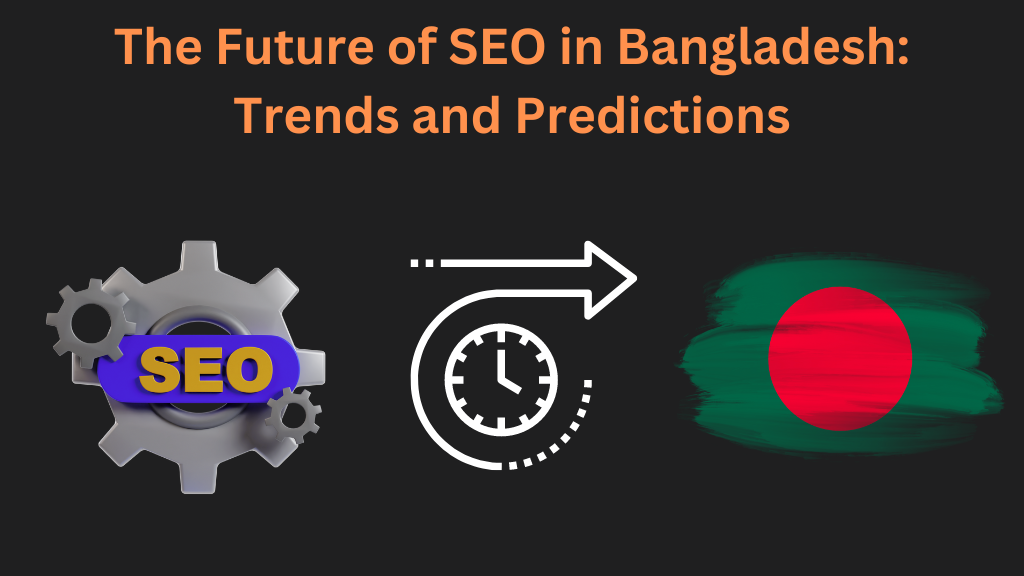Imagine this, you open a restaurant in a prime location, hire amazing chefs, and decorate it beautifully. Yet, no one walks through the door. Sounds frustrating, right? In the digital world, your website is your restaurant, and search engines are the highways leading potential customers there. But what if, despite having a fantastic website, your target audience just can’t find it? That’s where SEO, often touted as a “secret weapon,” comes in.
Hold on, though. Is SEO really a secret? Maybe not. Perhaps it’s just an underutilized powerhouse waiting to be unleashed. Businesses of all sizes can leverage SEO to achieve their digital goals: increased website traffic, qualified leads, brand awareness, and ultimately, revenue growth. So, why isn’t everyone jumping on the SEO bandwagon?

Table of Contents
ToggleThe Myth of the Mystical “Secret Weapon”
Let’s dispel the first misconception: SEO isn’t some cryptic practice reserved for digital marketing ninjas. It’s based on clear principles and strategies. Think of it like optimizing your car for a road trip. You check the tire pressure, ensure the engine is running smoothly, and maybe even pack some snacks for the journey. Similarly, SEO involves optimizing your website and content for search engines, making it easier for them to understand and rank your pages for relevant searches.
Now, let’s tackle some common SEO myths:
- Myth: SEO is a one-time fix.
- Reality: SEO is an ongoing process requiring constant adaptation and improvement.
- Myth: Black hat tactics are the only way to win at SEO.
- Reality: Google penalizes manipulative tactics; so focus on quality content and ethical practices.
- Myth: SEO is all about keywords.
- Reality: Keywords are important, but user intent and experience play a vital role.
The Cost of Neglecting Your SEO Arsenal
While the “secret weapon” label might be misleading, ignoring SEO has real consequences. Businesses that neglect it miss out on valuable opportunities:
- Lost traffic: Potential customers searching for your offerings end up on your competitors’ websites.
- Missed leads: Valuable inquiries from qualified prospects never reach you.
- Stagnant brand awareness: Your brand remains invisible to a vast online audience.
The numbers speak for themselves. Studies show that organic search drives significantly more traffic and conversions compared to other marketing channels. Investing in SEO can bring a remarkable return on investment (ROI), often surpassing paid advertising efforts in terms of cost-effectiveness and sustainability.
Demystifying the SEO Pillars
Think of SEO as a three-legged stool: on-page optimization, off-page optimization, and technical SEO. Each leg plays a crucial role in supporting your website’s ranking potential.
On-Page Optimization: This is about making your website content search engine and user-friendly. Consider it the visual appeal and comfort of your restaurant’s interior. Key elements include:
- Title tags and meta descriptions: Compelling titles and clear descriptions that accurately reflect your page’s content and entice users to click.
- Keywords: Relevant keywords strategically incorporated into your content without keyword stuffing.
- Content quality: Engaging, informative, and well-structured content that provides value to your target audience.
- User experience: A website that’s fast, mobile-friendly, and easy to navigate.
Off-Page Optimization: This focuses on building your website’s authority and credibility. Imagine it as the positive reviews and word-of-mouth reputation your restaurant enjoys. Here’s how:
- Backlinks: High-quality links from other reputable websites pointing to yours signify trust and relevance.
- Website authority: Factors like website age, domain name strength, and overall content quality contribute to this.
- Local SEO: If you have a physical location, optimize your website and online presence for local searches.
Technical SEO: This ensures your website’s underlying structure is sound and search engines can crawl and index it efficiently. Think of it as the well-maintained infrastructure that keeps your restaurant running smoothly. Key aspects include:
- Website speed: A fast-loading website improves user experience and search engine ranking.
- Mobile responsiveness: A website that adapts seamlessly to all devices is crucial in today’s mobile-first world.
- Structured data: Providing structured data helps search engines understand your content better.
Remember, SEO is an ongoing journey, not a destination. Stay updated on algorithm changes, adapt your strategies, and consistently monitor your progress.
SEO for Busy Businesses: Bite-Sized Action Steps
Even with limited time and resources, you can jumpstart your SEO efforts:
- Conduct a website audit: Identify areas for improvement using free tools like Google Search Console and Google Analytics.
- Craft a keyword strategy: Research relevant keywords with search volume and target them in your content.
- Optimize existing content: Update titles, meta descriptions, and headers with relevant keywords.
- Start building backlinks: Guest post on relevant websites, participate in online communities and leverage social media.
- Focus on local SEO: Claim your Google My Business listing and optimize your website for local searches.
- Track and analyze your results: Use analytics tools to monitor progress and identify areas for further optimization.
SEO Tools and Resources
Several free and paid tools can streamline your SEO journey. Consider:
- Google Search Console: Provides valuable insights into your website’s search performance.
- Google Analytics: Helps track website traffic and user behavior.
- Moz and SEMrush: Offer comprehensive SEO tools and insights (paid plans available).
Advanced SEO Strategies for Growth
As you progress, explore advanced techniques:
- Voice search optimization: Optimize your content for voice queries.
- Content marketing strategies: Create high-quality content that attracts and engages your target audience.
- Technical SEO audits and fixes: Address technical issues impacting your website’s performance.
- Competitive analysis: Understand your competitors’ SEO strategies and identify opportunities to surpass them.
Remember, For complex SEO needs, consider seeking professional help from experienced agencies or consultants.
Conclusion
SEO isn’t a magic potion, but a powerful tool that, when wielded effectively, can fuel your online success. By understanding the core principles, taking action with practical steps, and continuously iterating your strategy, you can unlock the potential of SEO and attract a loyal customer base to your digital doorstep. So, embrace the power within reach, dust off your SEO arsenal, and watch your website flourish!





